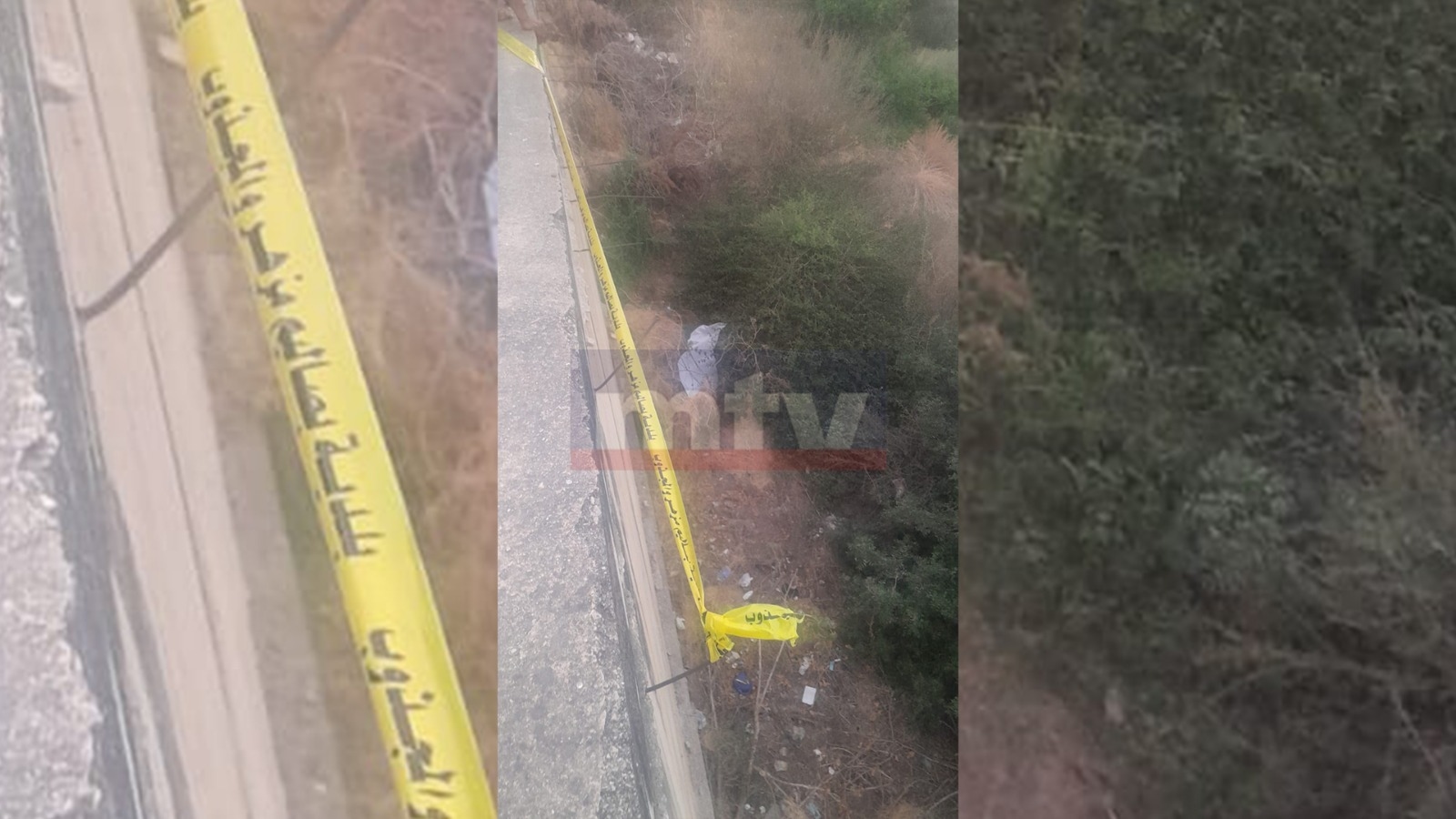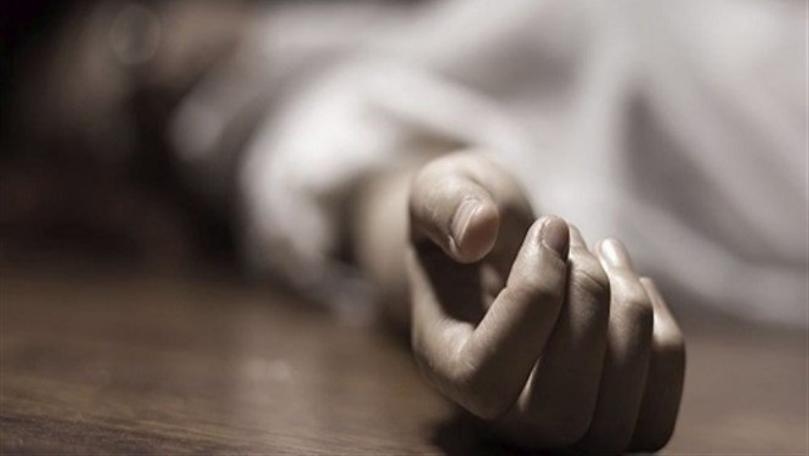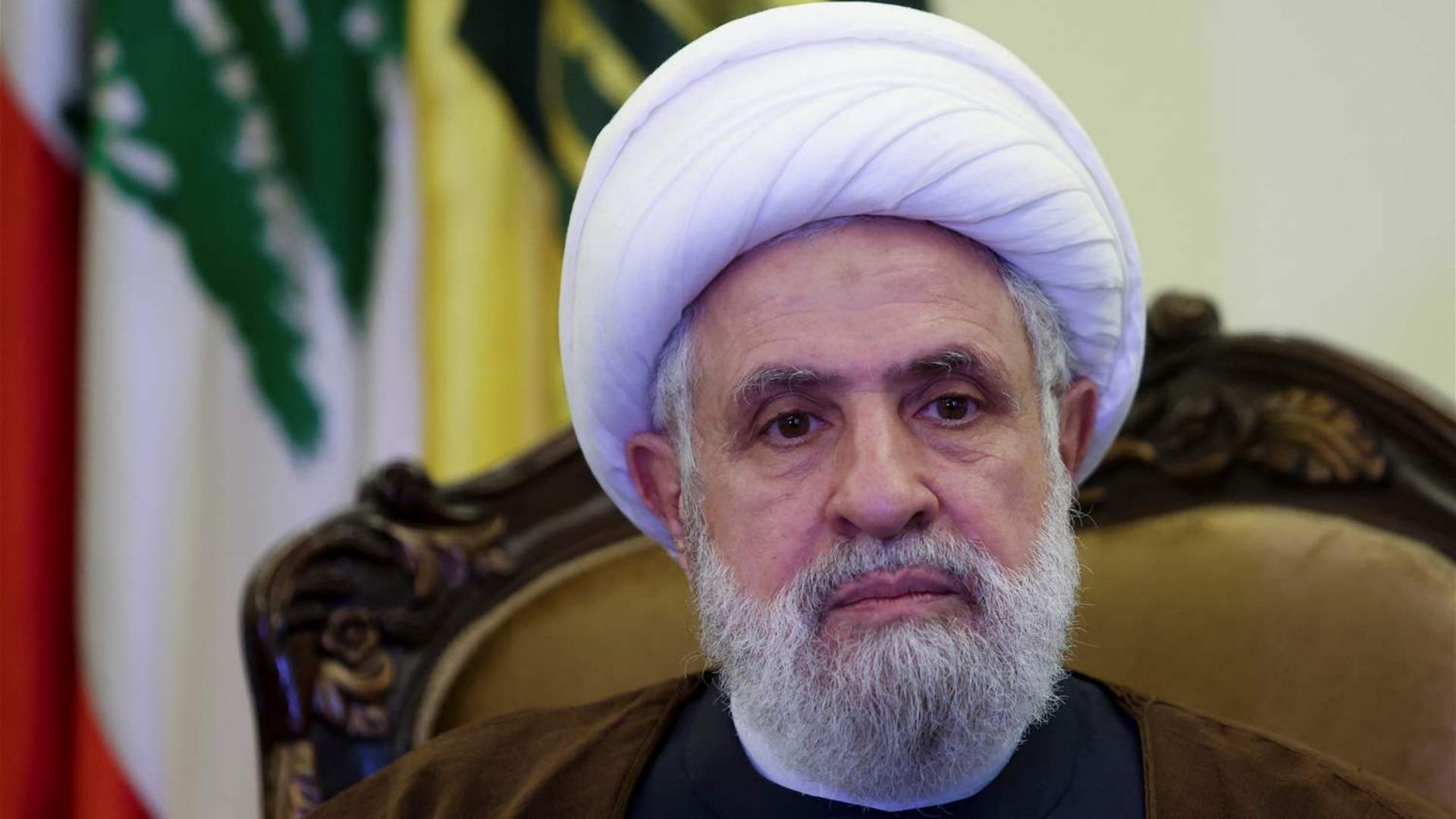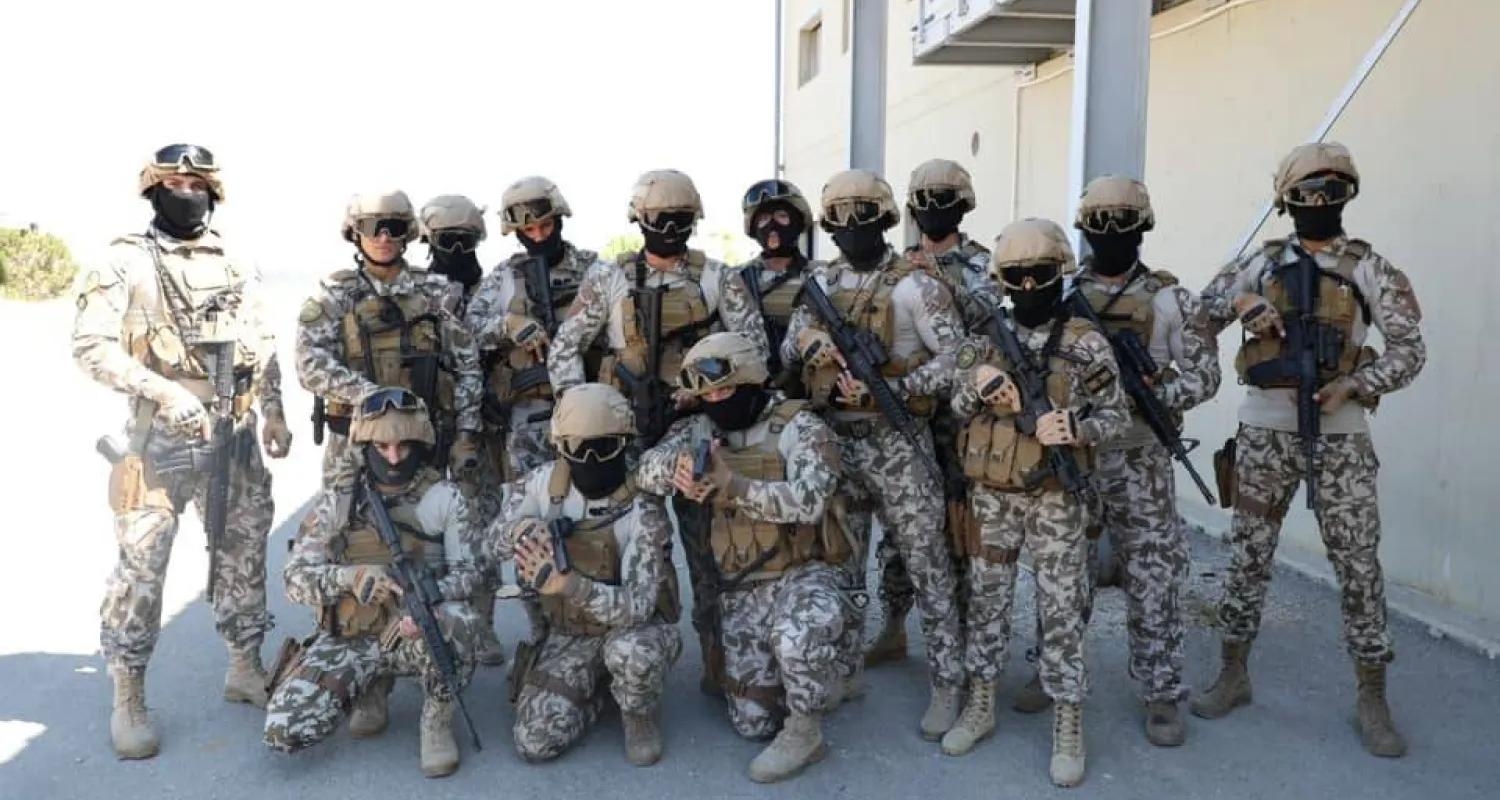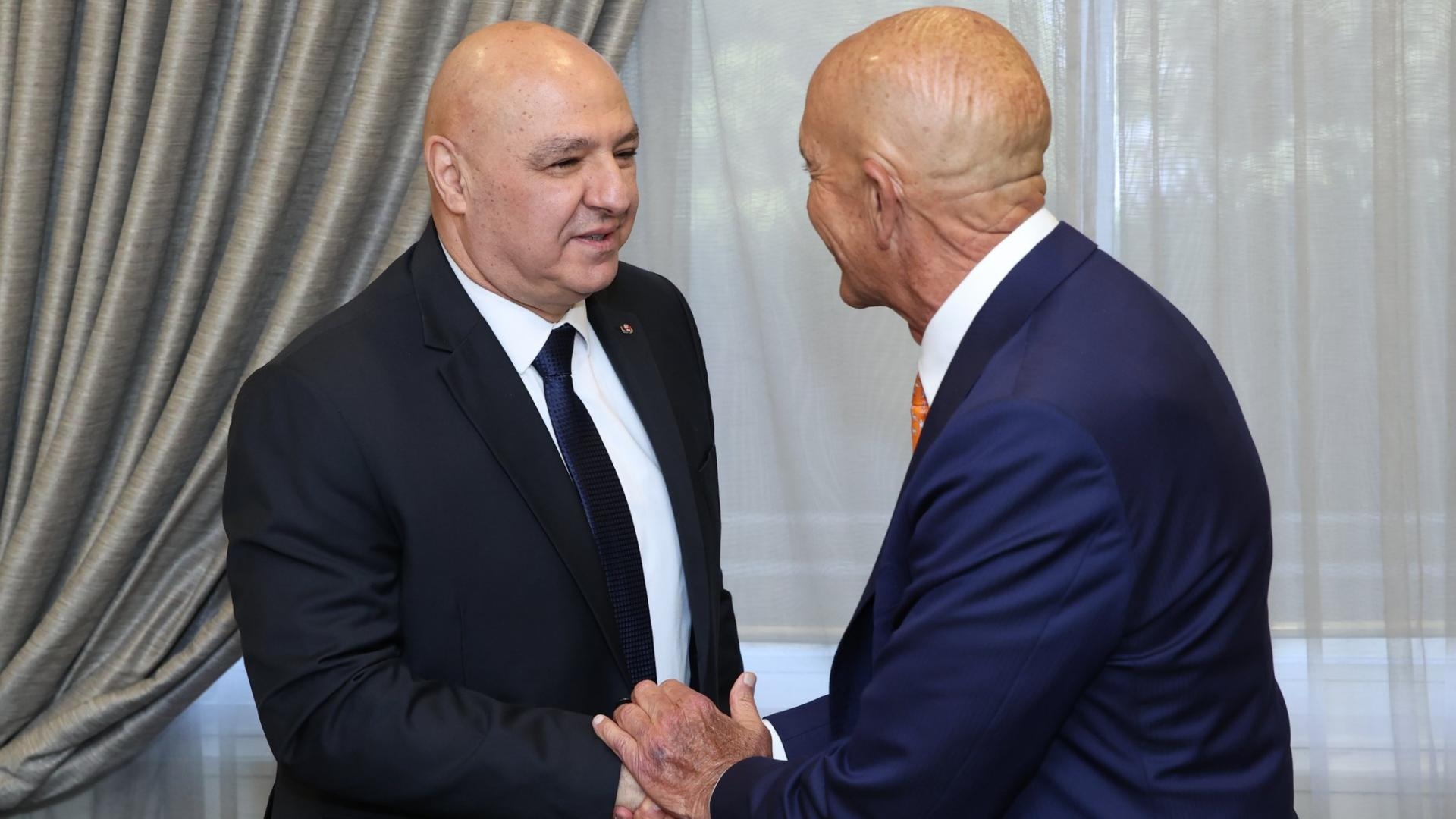The Washington Post
The kidnapping of more than 200 girls in Nigeria by the militant Islamist group Boko Haram has focused attention on whether the State Department should have designated it as a foreign terrorist organization in 2012, rather than when it did, in 2013. The initial report on the designation, in the Daily Beast, referred repeatedly to “Hillary Clinton’s State Department,” which then got translated through political shorthand as “Hillary Clinton.” (Indeed, the Daily Beast was less subtle in its headline on a video: “Hillary Clinton’s Boko Haram Fail.”)
But such shorthand betrays a misunderstanding of how the State Department works. Yes, Hillary Clinton was secretary of state in 2012. Designations of foreign terrorist groups are ultimately issued by the secretary of state. But the decision on how to handle the group was resolved before it ever reached her level, according to officials familiar with the deliberations.
The Facts
There is a defined process in the law for designating a foreign terrorist organization (FTO). The starting point is the Bureau of Counterterrorism, which monitors the activities of terrorist groups to decide whether any should merit designation. The bureau builds up an administrative record - something that would stand up in court - and had to pick its priorities. (The bureau also has to keep track of all existing foreign terrorist organizations to determine whether they should remain on the list.)
Three key criteria must be met:
1. It must be a foreign organization.
2. The organization must engage in terrorist activity or terrorism, or retain the capability and intent to engage in terrorist activity or terrorism. (The definitions of “terrorist activity,” “terrorism,” and so forth are set forth in law.
3. The organization’s terrorist activity or terrorism must threaten the security of U.S. nationals or the national security (national defense, foreign relations or the economic interests) of the United States.
If the Bureau of Counterterrorism decides a designation may be warranted, then the State Department’s regional bureaus weigh in. The regional bureaus, of course, deal directly with the ambassadors of the affected country and, thus, can provide perspective on the political impact of a designation. Ultimately, if a recommendation goes to the secretary of state that the groups should be designated, then the attorney general and the Treasury Department are asked to concur. Officials at the White House are also generally kept informed if it looks as if a group is going to be designated.
Members of Congress, of course, also keep tabs on the process. The House Homeland Security Committee in 2011 issued a report titled “Boko Haram: Emerging Threat to the Homeland.” The report said: “Based on Boko Haram’s evolution and recent public warnings by the U.S. State Department to U.S. citizens in Nigeria, Boko Haram may meet the legal criteria for State Department FTO designation. Such designations are subject to a rigorous statutory process and through investigation, which the State Department needs to initiate.”
Adding to the pressure, Rep. Patrick Meehan (R-Pa.) in May 2012 introduced a bill, the Boko Haram Terrorism Designation Act of 2012, which would have directed the secretary of state to report to Congress on whether the group met the criteria for designation. (A version of the bill became an amendment to the National Defense Authorization Act, passed in December 2012, requiring the secretaries of state and defense to produce a classified report on the strategy for countering Boko Haram.)
The Justice Department also weighed in, with Lisa Monaco, then head of the Justice Department’s national security division, sending a letter to the Bureau of Counterterrorism saying the group met the qualification for designation.
State Department officials vigorously debated how to treat Boko Haram, with the Bureau if Counterterrorism, headed then by Assistant Secretary Daniel Benjamin, leaning toward designation, and the Africa bureau, headed then by Assistant Secretary Johnnie Carson, urging caution. One big issue was that Nigeria was a government close to the United States - and Nigeria was adamantly opposed to the designation.
“Our government is working hard to defeat the motley band of criminals popularly known as Boko Haram, a group that is likely to try to capitalize on the recent wave of unrest,” wrote Nigerian Ambassador Adebowale Adefuye in the Hill newspaper. “In order to effectively combat Boko Haram, we need American help to be complementary - not contradictory - to our own efforts. The current well-intentioned efforts by a few members of Congress to classify the Boko Haram as a Foreign Terrorist Organization (FTO) actually risk deepening and entrenching the Boko Haram movement, thereby endangering more lives.”
He added: “Recognition through FTO designation by a sovereign the size and stature of the United States would give Boko Haram the title they seek and status they desire, stimulating a fundraising effort that has not yet been attainable from their current perch in northern Nigeria. Make no mistake - Nigeria will continue to collaborate with the United States in the fight against Boko Haram. Yet a unilateral designation of the group as an FTO by the United States would risk undercutting our shared goal of a secure and prosperous Nigeria.”
Nigerian officials also argued that an FTO designation - which halts any flow of funds to the entity or people associated with it - would make it difficult for humanitarian aid to continue in the region where Boko Haram operated.
“Contrary to providing substantive tools for defeating Boko Haram, a FTO designation, with its implications on all financial flows, risks stymieing desperately needed humanitarian and commercial activity. Ironically, aid destined for northern Nigeria, where poverty and lack of opportunity creates fertile soil for Boko Haram’s recruitment, is the most likely to be hindered,” Adefuye said. “Dangerous opportunists would seek to fill this development vacuum and portray the U.S. effort as retaliation against Muslims in Nigeria’s north.”
The Nigerian concern was echoed by academic experts on Nigeria, who signed a joint letter to the State Department arguing against a premature designation. “If economic development is to play a role in alleviating tensions in northern Nigeria, we should not hamper access by USAID [the U.S. Agency for International Development] or private NGOs [nongovernmental organizations] in providing aid and assistance in the region,” the experts wrote, noting that the designation would make it illegal for NGOs to communicate with members of Boko Haram to urge them to renounce violence - or even to conduct independent scholarly inquiries about the group.
There was another, complicating issue: U.S. officials believed the Nigerian army had engaged in brutal human rights abuses in its efforts to fight Boko Haram.
In congressional testimony on May 15, Alice Friend, the principal director for African affairs at the Defense Department, alluded to this record. “Nigeria’s record of atrocities perpetrated by some of its security forces during operations against Boko Haram have been widely documented,” she said. “We were urging them to take a more holistic approach and a, frankly, much less brutal approach in the north against Boko Haram.”
From the perspective of the State Department, designating Boko Haram as a foreign terrorist organization was not a simple choice, even with the pressure from Congress. The host government was adamantly opposed to the idea - and its military was doing a very poor job in handling the threat. So officials decided to see whether there was a way to use the situation to send a signal to Boko Haram and pressure the Nigerian military to clean up its act, without angering the Nigerian government with a unilateral designation that it opposed.
“The debate was really about the Nigerian attitude toward designation,” Robert P. Jackson, principal deputy assistant secretary of state for African affairs, told Congress. “The government of Nigeria feared that designating these individuals and the organizations would bring them more attention, more publicity and be counterproductive.
The strategy, which represented a compromise in the positions of Benjamin and Carson, was set in discussions with Deputy Secretary William J. Burns, who is a career Foreign Service officer. The administration would name three leaders of Boko Haram as specially designated global terrorists while holding out the possibly of a broader designation of the entire group as a means of improving the behavior of Nigerian forces battling Boko Haram.
Friend alluded to this leverage in her congressional testimony. U.S. law bars Pentagon aid to military units suspected of human rights abuses.
“Nigeria’s record of atrocities perpetrated by some of its security forces during operations against Boko Haram have been widely documented. As we have advised the Nigerians, consistent with U.S. law and policy, we review security force units who may receive assistance, and we cannot and do not provide assistance when we have credible information that those units have committed gross violations of human rights. With this important consideration in mind, we have worked to engage where and how we are able to, in viewing our engagements and training efforts with human rights and law of armed conflict modules and emphasizing the importance of the broad counterinsurgency approach that we ourselves have spent so much blood and treasure fulfilling.”
In other words, it was a step-by-step diplomatic process. It was made clear that formal designation of the group could come later - and it did, the very next year. But in the meantime, the State Department hoped it could use the threat of designation - and the pressure from Congress - to induce better behavior by the Nigerian military and a more serious approach to the threat by the Nigerian government. By contrast, officials feared that going immediately to a designation would forfeit that potential leverage and upset the Nigerian government.
In any case, in 2013, the State Department did formally designate Boko Haram as a foreign terrorist organization.
The Bottom Line
Hindsight is always 20/20. In retrospect, perhaps the State Department could have moved quicker with a designation, as Jackson conceded to Congress. But at the time the officials involved in the discussions believed they had come up with an acceptable compromise that would not upset the Nigerian government and would have helped improve the behavior of the Nigerian military.
Given the facts at hand, it was not an unreasonable solution - and the process by which the decision was made was fair-minded and thorough. Officials on both sides of the debate argued their case, and, as is often the case, a compromise was reached. Moreover, there is no evidence that an FTO designation any sooner would have prevented the kidnapping of the girls.
But such shorthand betrays a misunderstanding of how the State Department works. Yes, Hillary Clinton was secretary of state in 2012. Designations of foreign terrorist groups are ultimately issued by the secretary of state. But the decision on how to handle the group was resolved before it ever reached her level, according to officials familiar with the deliberations.
The Facts
There is a defined process in the law for designating a foreign terrorist organization (FTO). The starting point is the Bureau of Counterterrorism, which monitors the activities of terrorist groups to decide whether any should merit designation. The bureau builds up an administrative record - something that would stand up in court - and had to pick its priorities. (The bureau also has to keep track of all existing foreign terrorist organizations to determine whether they should remain on the list.)
Three key criteria must be met:
1. It must be a foreign organization.
2. The organization must engage in terrorist activity or terrorism, or retain the capability and intent to engage in terrorist activity or terrorism. (The definitions of “terrorist activity,” “terrorism,” and so forth are set forth in law.
3. The organization’s terrorist activity or terrorism must threaten the security of U.S. nationals or the national security (national defense, foreign relations or the economic interests) of the United States.
If the Bureau of Counterterrorism decides a designation may be warranted, then the State Department’s regional bureaus weigh in. The regional bureaus, of course, deal directly with the ambassadors of the affected country and, thus, can provide perspective on the political impact of a designation. Ultimately, if a recommendation goes to the secretary of state that the groups should be designated, then the attorney general and the Treasury Department are asked to concur. Officials at the White House are also generally kept informed if it looks as if a group is going to be designated.
Members of Congress, of course, also keep tabs on the process. The House Homeland Security Committee in 2011 issued a report titled “Boko Haram: Emerging Threat to the Homeland.” The report said: “Based on Boko Haram’s evolution and recent public warnings by the U.S. State Department to U.S. citizens in Nigeria, Boko Haram may meet the legal criteria for State Department FTO designation. Such designations are subject to a rigorous statutory process and through investigation, which the State Department needs to initiate.”
Adding to the pressure, Rep. Patrick Meehan (R-Pa.) in May 2012 introduced a bill, the Boko Haram Terrorism Designation Act of 2012, which would have directed the secretary of state to report to Congress on whether the group met the criteria for designation. (A version of the bill became an amendment to the National Defense Authorization Act, passed in December 2012, requiring the secretaries of state and defense to produce a classified report on the strategy for countering Boko Haram.)
The Justice Department also weighed in, with Lisa Monaco, then head of the Justice Department’s national security division, sending a letter to the Bureau of Counterterrorism saying the group met the qualification for designation.
State Department officials vigorously debated how to treat Boko Haram, with the Bureau if Counterterrorism, headed then by Assistant Secretary Daniel Benjamin, leaning toward designation, and the Africa bureau, headed then by Assistant Secretary Johnnie Carson, urging caution. One big issue was that Nigeria was a government close to the United States - and Nigeria was adamantly opposed to the designation.
“Our government is working hard to defeat the motley band of criminals popularly known as Boko Haram, a group that is likely to try to capitalize on the recent wave of unrest,” wrote Nigerian Ambassador Adebowale Adefuye in the Hill newspaper. “In order to effectively combat Boko Haram, we need American help to be complementary - not contradictory - to our own efforts. The current well-intentioned efforts by a few members of Congress to classify the Boko Haram as a Foreign Terrorist Organization (FTO) actually risk deepening and entrenching the Boko Haram movement, thereby endangering more lives.”
He added: “Recognition through FTO designation by a sovereign the size and stature of the United States would give Boko Haram the title they seek and status they desire, stimulating a fundraising effort that has not yet been attainable from their current perch in northern Nigeria. Make no mistake - Nigeria will continue to collaborate with the United States in the fight against Boko Haram. Yet a unilateral designation of the group as an FTO by the United States would risk undercutting our shared goal of a secure and prosperous Nigeria.”
Nigerian officials also argued that an FTO designation - which halts any flow of funds to the entity or people associated with it - would make it difficult for humanitarian aid to continue in the region where Boko Haram operated.
“Contrary to providing substantive tools for defeating Boko Haram, a FTO designation, with its implications on all financial flows, risks stymieing desperately needed humanitarian and commercial activity. Ironically, aid destined for northern Nigeria, where poverty and lack of opportunity creates fertile soil for Boko Haram’s recruitment, is the most likely to be hindered,” Adefuye said. “Dangerous opportunists would seek to fill this development vacuum and portray the U.S. effort as retaliation against Muslims in Nigeria’s north.”
The Nigerian concern was echoed by academic experts on Nigeria, who signed a joint letter to the State Department arguing against a premature designation. “If economic development is to play a role in alleviating tensions in northern Nigeria, we should not hamper access by USAID [the U.S. Agency for International Development] or private NGOs [nongovernmental organizations] in providing aid and assistance in the region,” the experts wrote, noting that the designation would make it illegal for NGOs to communicate with members of Boko Haram to urge them to renounce violence - or even to conduct independent scholarly inquiries about the group.
There was another, complicating issue: U.S. officials believed the Nigerian army had engaged in brutal human rights abuses in its efforts to fight Boko Haram.
In congressional testimony on May 15, Alice Friend, the principal director for African affairs at the Defense Department, alluded to this record. “Nigeria’s record of atrocities perpetrated by some of its security forces during operations against Boko Haram have been widely documented,” she said. “We were urging them to take a more holistic approach and a, frankly, much less brutal approach in the north against Boko Haram.”
From the perspective of the State Department, designating Boko Haram as a foreign terrorist organization was not a simple choice, even with the pressure from Congress. The host government was adamantly opposed to the idea - and its military was doing a very poor job in handling the threat. So officials decided to see whether there was a way to use the situation to send a signal to Boko Haram and pressure the Nigerian military to clean up its act, without angering the Nigerian government with a unilateral designation that it opposed.
“The debate was really about the Nigerian attitude toward designation,” Robert P. Jackson, principal deputy assistant secretary of state for African affairs, told Congress. “The government of Nigeria feared that designating these individuals and the organizations would bring them more attention, more publicity and be counterproductive.
The strategy, which represented a compromise in the positions of Benjamin and Carson, was set in discussions with Deputy Secretary William J. Burns, who is a career Foreign Service officer. The administration would name three leaders of Boko Haram as specially designated global terrorists while holding out the possibly of a broader designation of the entire group as a means of improving the behavior of Nigerian forces battling Boko Haram.
Friend alluded to this leverage in her congressional testimony. U.S. law bars Pentagon aid to military units suspected of human rights abuses.
“Nigeria’s record of atrocities perpetrated by some of its security forces during operations against Boko Haram have been widely documented. As we have advised the Nigerians, consistent with U.S. law and policy, we review security force units who may receive assistance, and we cannot and do not provide assistance when we have credible information that those units have committed gross violations of human rights. With this important consideration in mind, we have worked to engage where and how we are able to, in viewing our engagements and training efforts with human rights and law of armed conflict modules and emphasizing the importance of the broad counterinsurgency approach that we ourselves have spent so much blood and treasure fulfilling.”
In other words, it was a step-by-step diplomatic process. It was made clear that formal designation of the group could come later - and it did, the very next year. But in the meantime, the State Department hoped it could use the threat of designation - and the pressure from Congress - to induce better behavior by the Nigerian military and a more serious approach to the threat by the Nigerian government. By contrast, officials feared that going immediately to a designation would forfeit that potential leverage and upset the Nigerian government.
In any case, in 2013, the State Department did formally designate Boko Haram as a foreign terrorist organization.
The Bottom Line
Hindsight is always 20/20. In retrospect, perhaps the State Department could have moved quicker with a designation, as Jackson conceded to Congress. But at the time the officials involved in the discussions believed they had come up with an acceptable compromise that would not upset the Nigerian government and would have helped improve the behavior of the Nigerian military.
Given the facts at hand, it was not an unreasonable solution - and the process by which the decision was made was fair-minded and thorough. Officials on both sides of the debate argued their case, and, as is often the case, a compromise was reached. Moreover, there is no evidence that an FTO designation any sooner would have prevented the kidnapping of the girls.




